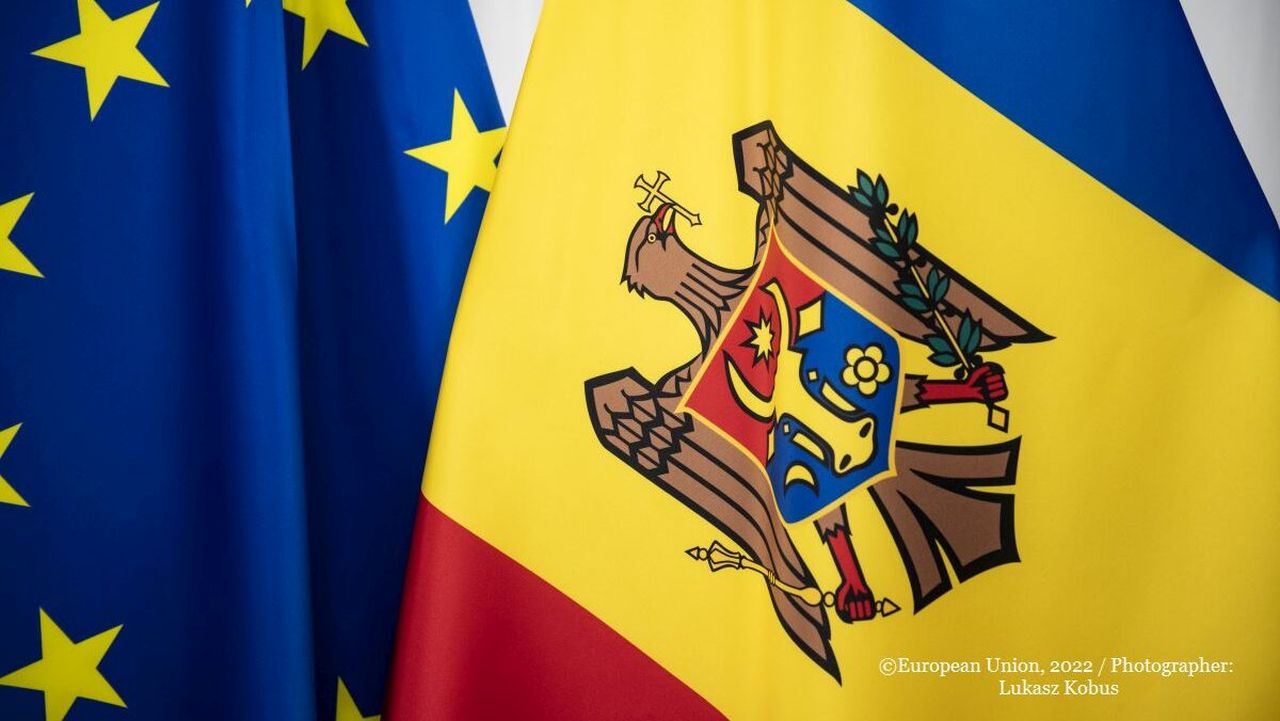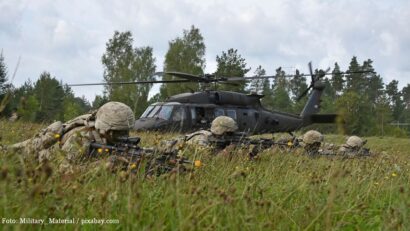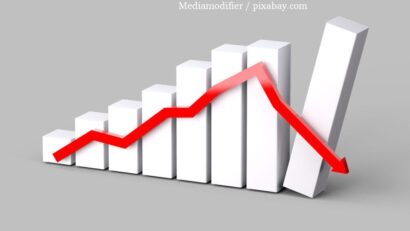Victory for PAS and Moldova’s Pro-European Future
In September, the Republic of Moldova passed a decisive electoral test

Corina Cristea, 10.10.2025, 13:49
In September, the Republic of Moldova passed a decisive electoral test, which would shape the country’s future direction: towards consolidating the European path or, on the contrary, postponing it.
For several years, the EU accession has been a political objective for the Republic of Moldova, a goal accompanied by hopes of stability, prosperity and security. Now, the Republic of Moldova has chosen, and the pro-European Party of Action and Solidarity (PAS) has achieved a historic win, securing more than half of the seats in Parliament.
The result gives a real chance to the country’s European path and implies a validation of the promise to carry on the reforms requested by Brussels: an independent judiciary, tackling corruption, and modernising the country’s institutions. How difficult will Moldova’s road to accession be? Sorin Ioniţă, public policy expert:
Sorin Ioniţă: “The European path has always been difficult, and I don’t think they can necessarily promise a deadline, although 2030 is being talked about. But what is extraordinarily good is that this path can continue. So they can start actual negotiations, counting on at least four years of stable governance ahead. And it is the only possible option, because anything else that would have come out of the elections would have blocked Moldova’s European path for good. And we have seen what it means to go off track now, we have the experience of the Western Balkans. It means that if you don’t seize an opportunity when you have it, when you have a window of opportunity, that if you wait for it to close and reopen it who knows when, then goodbye, the ship has sailed. So Moldova is in the best possible scenario now, but it won’t be easy to close the technical negotiation chapters.”
The road ahead is not without obstacles. Domestically, the political opposition talks about the costs of the integration and tries to capitalise on fears of economic or social changes, while externally, Russia keeps its influence in Transnistria and uses disinformation. All the more reason for the promised reforms in the judiciary, administration and economy to be implemented. Rufin Zamfir, expert in strategic communication:
Rufin Zamfir: “First and foremost, we need to strengthen our understanding of the vulnerabilities that our society has and that can be used by Russia. I mean in particular the fact that within the Moldovan society there is an impoverished layer, a category that has no information or awareness of the benefits. Such differences between the large urban area, which is basically the capital city, Chisinau, and the rest of the country, are the corridors through which manipulation and propaganda get into Moldova. These things must be addressed first. Concurrently, this promised agenda of strengthening ties with the European Union must be synchronised and negotiated with Brussels so as to prioritise those measures that produce benefits for the general population, so to speak. It is an extremely difficult path to navigate. Russia will not stop, the political actors who support its agenda inside the Republic of Moldova will not cease their actions to challenge the democratic order—all these things are defining for the period ahead in the Republic of Moldova.”
For Russia, the result of Moldova’s parliamentary elections was an extremely strong strategic blow, says Rufin Zamfir:
Rufin Zamfir: “Let’s not forget the desperation with which Russia was looking for a win in the Republic of Moldova, a victory to sell to its own population first and foremost. It is an even more painful defeat for Russia as the material and financial efforts that Moscow invested in hijacking the Moldovan parliamentary elections are unprecedented even for Moldova, a place tested so hard. All this terrible scaffolding that Russia built via or with the help of political actors and political agents in Moldova has been shattered, knocked to the ground by the resilience that the citizens of Moldova have proven at the polls. But this will not prevent Russia from carrying on its attempts to turn the Republic of Moldova away from its European path and to fasten it in its web of influence.”
What is still to be expected from Moscow? Democratic actors in Chisinau expect Russia and those who support its interest in the Republic of Moldova to push the country towards political and social instability, by creating big enough political problems that the reforms, the degree of bringing welfare to the Republic of Moldova will be at least significantly slowed down, if not stopped altogether. The goal would be to create dissatisfaction with the government in Chisinau as concerns the promised closeness to the EU.
In Brussels, Bucharest and all Western capitals, the victory of the pro-Europeans in the Republic of Moldova at the expense of Russian-backed parties was welcomed. Likewise in Kyiv, where president Volodymyr Zelenskyy said Russia had failed to destabilise the Republic of Moldova, so that Moscow’s subversive influence would not spread further into Europe. (AMP).






























